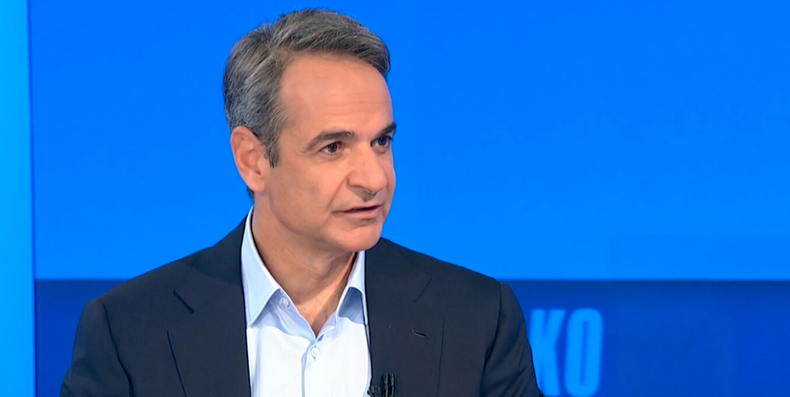The European Central Bank (ECB) has objected to a proposal by the new Greek government to raise 10 billion euros from short-term Treasury bills, something leftist government dubbed “bridge financing” to guarantee funding of Greece’s state sector over the next three months.
The Greek plan, which relies on ECB approval may now be in peril, leaving Athens without legitimate lending options when its EC-ECB-IMF bailout scheme expires at the end of the month.
Meanwhile, German Chancellor Angela Merkel has apparently put the “brakes” on heightened expectations this week regarding Greece’s debt issue. Despite the welcome received by Finance Minister Yanis Varoufakis’ proposal to London investors on Monday – as shown by Tuesday’s market reaction – statements out of official Berlin simply reiterated that the “Greek government is still working on its position”, with no comment forthcoming on specific proposals.
“That’s more than understandable considering the government has been in office for a few days,” Merkel said. “We’re waiting for recommendations and then we’ll go into talks.”
“Debt will be rendered sustainable, even if we replace haircut with euphemisms and swaps. No U-turn,” tweeted Varoufakis a day earlier, sending Greek stocks and bonds surging.
Varoufakis had asked for the 1.9 billion-euro in profits reaped by the ECB, earned by holding Greek bonds to maturity, as a possible source of revenue. The 2012 deal had stated that the cash was to be returned to Athens, but never was, however, Eurozone ministers are also unlikely to return this profit without a broader agreement, according to the Financial Times.
The ECB’s stand quickly turned the climate momentarily sour for the SYRIZA government’s positions. While refusing to meet with the government prior to its positions being fully formulated, as she said, Merkel is not above influencing others to take her stand.
Merkel called Italian Prime Minister Matteo Renzi prior to his meeting with Greek Prime Minister Alexis Tsipras on Tuesday. Renzi later clarified that any proposals by the Greek side will be discussed at the relevant European institutions.
On his part, German Finance Minister Wolfgang Schaeuble echoed the Merkel position, when he reportedly called on EU Economic and Monetary Affairs Commissioner Pierre Moscovici and requested that no pledges be made to Athens ahead of an upcoming meeting between Tsipras and European Commission President Jean-Claude Juncker.



































